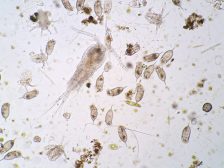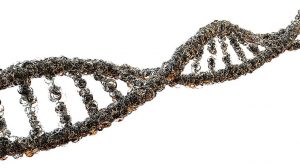Definition
noun
A zone or an area that serves not for any anthropogenic use but as a conserved natural habitat where plants and animals can thrive.
Supplement
The ecological buffer zones are necessary to minimize the impacts of an adjacent land use. They protect the natural environment and help keep nearby ecological niches stable and functioning.
An example of ecological buffer zone is a riparian buffer near to a very busy roadway. Not only does it reduce traffic noise, air and water pollution, it also provides a space for organisms to flourish in the area.
Dictionary > Ecological buffer zone
You will also like...

New Zealand’s Biodiversity
Find out more about New Zealand's unique biodiversity by exploring a range of different ecosystems and the key role of s..

Freshwater Communities & Plankton
Planktons are microscopic organisms that live suspended in aquatic habitats. There are two groups: the phytoplanktons an..

Control of Body Movement
Some of the body movements can be controlled at will, others cannot. The body has a motor program, which is the pattern ..

Genetic Mutations
This tutorial looks at the mutation at the gene level and the harm it may bring. Learn about single nucleotide polymorph..

Passive and Active Types of Immunity
Lymphocytes are a type of white blood cell capable of producing a specific immune response to unique antigens. In thi..

Physical Development in Humans
This tutorial elaborates on the physical development of humans, particularly from puberty to adulthood. Read this tutori..

